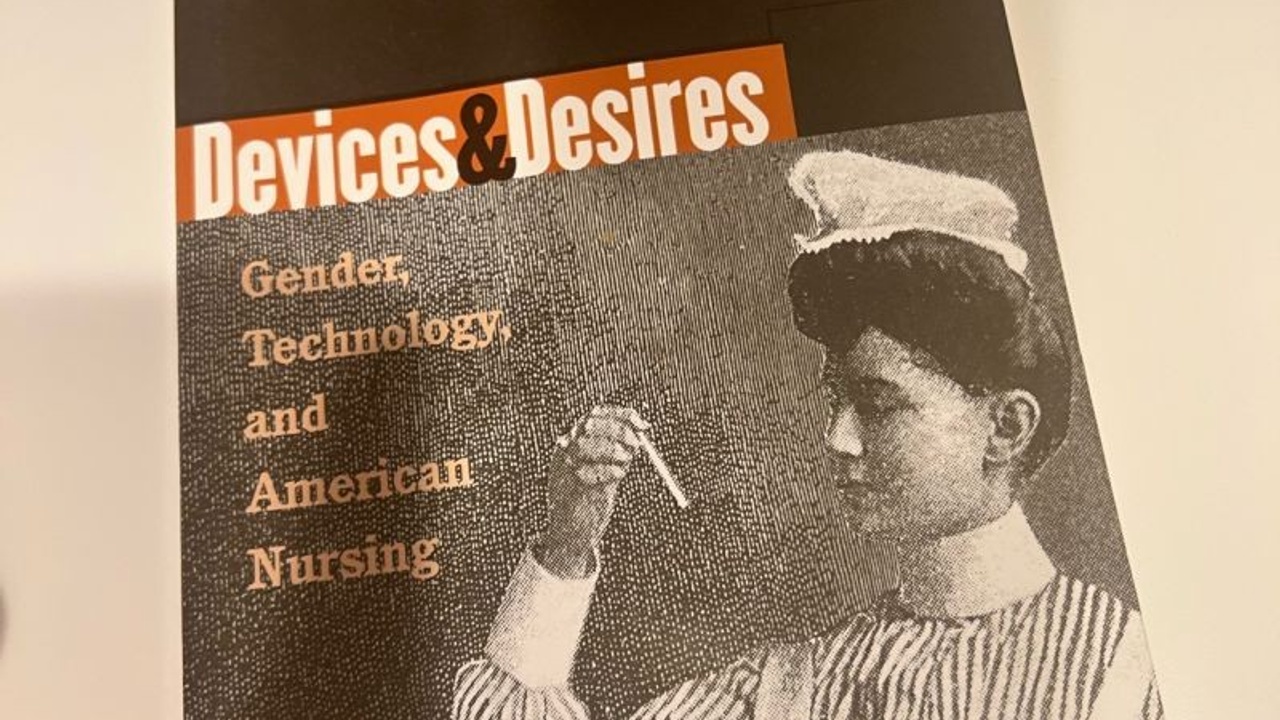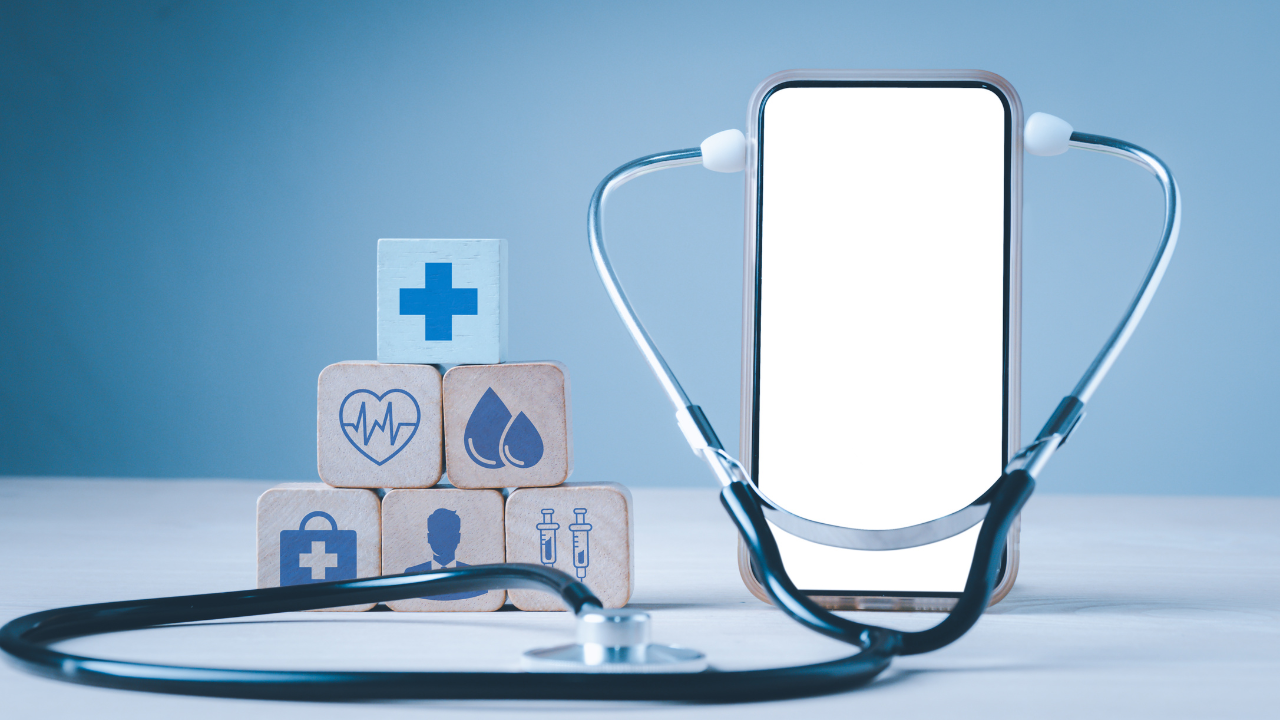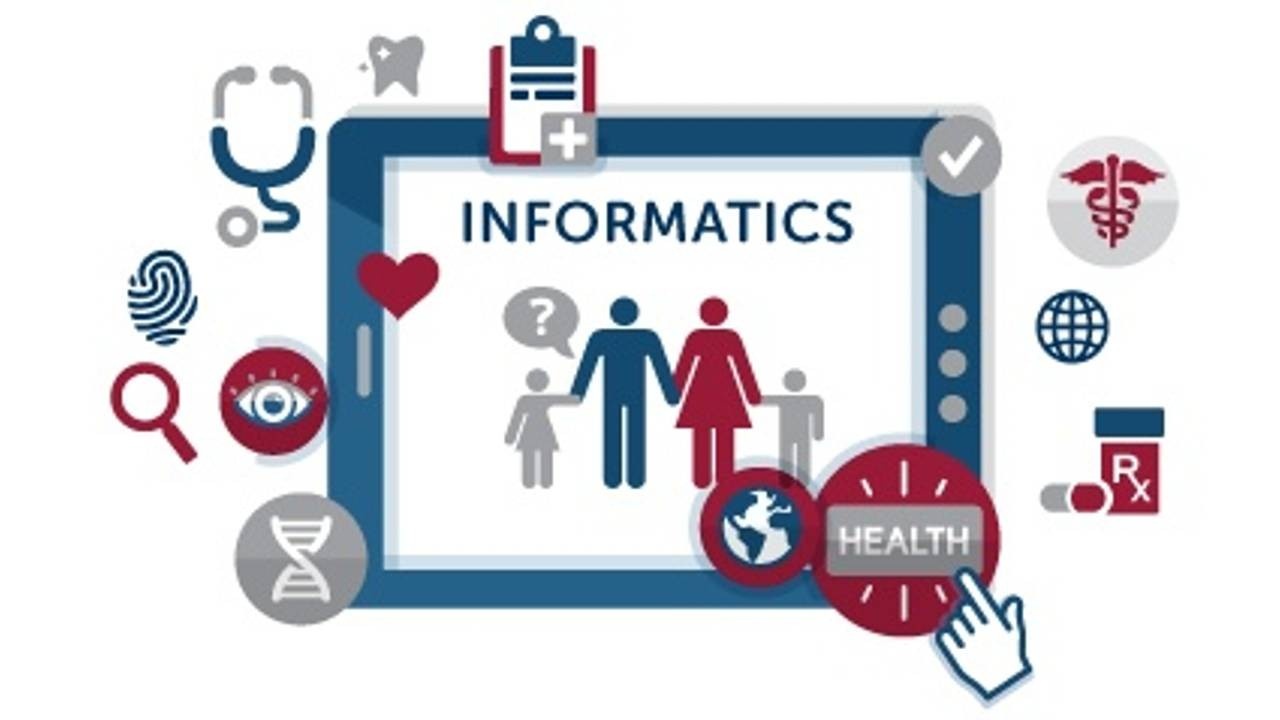The iCare Blog
Reflections on Patient-Centeredness for Quality Care
Aug 03, 2022
What do I like most about informatics?
Jul 30, 2022
Unique Nursing Identifiers (UNI) for Nursing Care
Jul 10, 2022
Data are a currency for your health.
Jul 02, 2022
What exactly is Informatics?
Jun 20, 2022
You do understand technology more than you think...
Jun 11, 2022
Informatics Impacts Everyone in Healthcare
Mar 12, 2022











